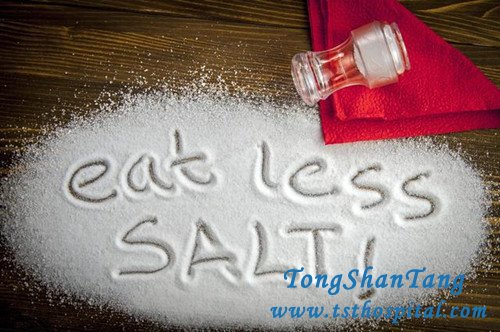When referring to complications of kidney disease, hypertension is the most common and lethal one. Without timely and effective treatment, it can speed up deterioration of kidney function so as to increase the risk of uremia.
In this case, many patients who have high blood pressure begin to worry that whether they will develop kidney disease or not due to uncontrolled blood pressure. After reading this article, you will find out the answer.

First of all, let’s see what are the differences between renal hypertension and Hypertensive Nephropathy.
1. Different source. Renal hypertension is caused by damage to kidney function, while for Hypertensive Nephropathy patients, they have high blood pressure before they get kidney disease.
2. Difference time. Renal hypertension appears after getting kidney disease, and time for hypertension is short. While Hypertensive Nephropathy patients have high blood pressure before they are diagnosed with kidney disease, and they usually have hypertension for over 5 years. From this point, we can see that long-term uncontrolled high blood pressure can cause kidney damage, leading to kidney disease.
Now we know that elevated blood pressure does harm to kidneys, so effective treatment should be taken to lower high blood pressure. At present, what is the most effective treatment for hypertension? Medications?
To treat renal hypertension and protect kidney function, please remember “3 to do and 2 not to do”.

1. To choose long-acting antihypertensive medications.
For patients with long-term hypertension or hypertension caused by kidney disease, long-acting antihypertensive are helpful to stabilize blood pressure. For refractory hypertension, combined medications can be used.
The most commonly used medications include ACEI and ARBs. They do not only lower blood pressure, but also reduce proteinuria and protect renal function.
2. To take medicine on a regular basis and on time
Generally blood pressure goes to the peak when you just get up and before going to bed, so renal patients should take medicine on time to ensure blood pressure concentration and avoiding blood pressure to increase and cause kidney damage.

3. To limit salt intake
For patients with renal hypertension, salt restriction can reduce the burden of kidneys and prevent blood pressure increasing. To reduce salt intake into 5 g per day.

1. Not do change or taper or stop medications without the instruction of doctors. Some medications have side effects, for example, ACEI can increase blood potassium level. If your blood potassium level is high, please observe the level. When it is higher than 5.5 mmol/L, reduce the dosage, and keep on observation. If necessary, to stop the medicine in case of hyperkalemia and hear problems to threaten life.
Some medications have to be taken on a regular basis. Only in this way can they take effect. Therefore, if you want to change the medicine, please communicate with your doctor.

2. Not to do anything that elevates blood pressure, such as smoking, over fatigue, stress, etc.
How much blood pressure controls can prevent the deterioration of kidney function? Generally below 140/90. If you have proteinuria, control it into 130/80. Do not be too low.
For more information on kidney disease treatment, please leave a message below or contact online doctor.
- Email:tsthospital@hotmail.com
- WhatsApp/WeChat/Phone Number:+86 15512139310
- Kidney Treatment Group:
- https://chat.whatsapp.com/2ZCOvebPJdr9QGkyfiqxDz
- Tag: CKD CKD Symptoms
- previous:Treatment of Anemia in CKD
- next:Why Does Sugar Reduce in CKD Patients

